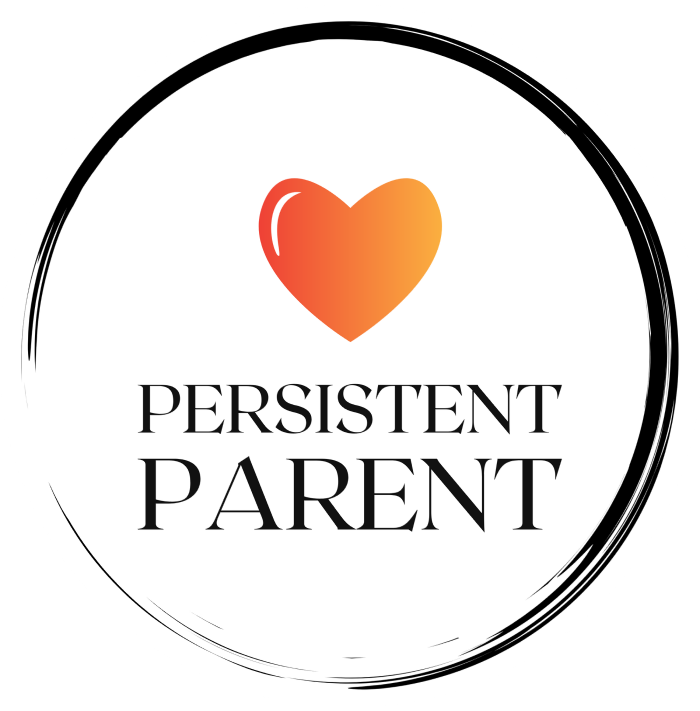Introduction To Beetroot
Beetroot is a popular supplement that is derived from the root of the beet plant. It is rich in nutrients, including nitrates, potassium, and antioxidants, and has been linked to a number of health benefits. In recent years, beetroot supplements have gained popularity among athletes and fitness enthusiasts as a way to improve athletic performance, reduce inflammation, and support cardiovascular health. In this article, we will explore the potential benefits of beetroot supplements and provide some tips on how to safely incorporate them into your children’s diet.
Should Kids Eat Beetroot?
Beetroot can be a healthy and nutritious addition to a child’s diet, as it is a good source of vitamins and minerals. However, it is important to consider a child’s individual needs and preferences when introducing new foods, including beetroot. Some children may not enjoy the taste of beetroot, while others may be allergic to it.
If you are considering introducing beetroot to your child’s diet, it is a good idea to talk to your child’s healthcare provider first. They can help you determine the appropriate serving size and frequency, based on your child’s age, weight, and overall health.
There are a few different ways to incorporate beetroot into a child’s diet. One option is to mix grated or pureed beetroot into soups, stews, or sauces. (See our beetroot recipe ideas here.) Beetroot can also be juiced and mixed with other fruit and vegetable juices to create a nutrient-rich drink. It is also available in supplement forms, such as capsules or powder, which can be mixed into smoothies or other drinks. A growing trend right now is gummies and it’s easy to understand why if you’ve ever had to negotiate taking vitamins with your child.

It is important to keep in mind that, as with any food, it is necessary to monitor your child’s reactions to beetroot and to stop giving it to them if they experience any adverse reactions. A beetroot allergy is very rare, but there are some uncommon mild reactions such as a rash or itchiness. As with any new food, it is also important to introduce it gradually and in small amounts to ensure that your child is able to tolerate it.
Viteey Kids Beetroot Gummies
These kids’ beetroot gummies are made to support the immune system and help boost energy. They also support bone growth and healthy digestion. They can be taken by children and adults 2 years old and up. This formula combines the beetroot with magnesium citrate and vitamin C. Practically everyone can take these as they are:
Vegan, nut-free, Kosher, and gluten free with all natural colors and flavor.

HumanN SuperBeets Heart Chews
These pomegranate berry chews are non-gmo, vegan, and gluten free. They are sold for adults, but 1/2 serving (1 chew instead of 2) is nearly the same dosage as one serving of the kids’ gummies above. Of course, if you haven’t discussed a safe dosage range with your doctor yet, we would advise you to do that before deciding if these chews will work for your child. As seen on the front of the bag, these chews are focused on improving heart health. One of the most interesting things we found on this product page was this:
“In a 16-week, double-blind, placebo-controlled study involving 119 healthy men and women, SuperBeets Chews’ polyphenol compound, taken as part of a healthy lifestyle was clinically shown nearly 2-times as effective at promoting normal blood pressure already in the normal range as a healthy lifestyle alone.”

HumanN SuperBeets Black Cherry Beetroot Powder
This powder is dissolved in water and can be disguised by mixing it in juice. The serving on this is a little different as they simply show that the chew is 90% beetroot, which would be 4.5 g. If you feel that a powder form of beetroot would be the best supplement option for your child, we advise you to verify the serving size with your doctor first.

Beetroot can be a healthy and nutritious addition to a child’s diet, as it is a good source of vitamins and minerals. However, it is important to consider a child’s individual needs and preferences when introducing new foods, including beetroot, and to consult with a healthcare provider before introducing it to a child’s diet. There are a number of ways to incorporate beetroot into a child’s diet, but we think that gummies and powders would often be the easiest way. If you’re not a fan of supplements, you can try adding chopped beetroot to recipes raw or cooked, grating or juicing the beetroot. Overall, beetroot can be a tasty and nutritious choice for children, as long as it is consumed in moderation and as part of a balanced diet.

